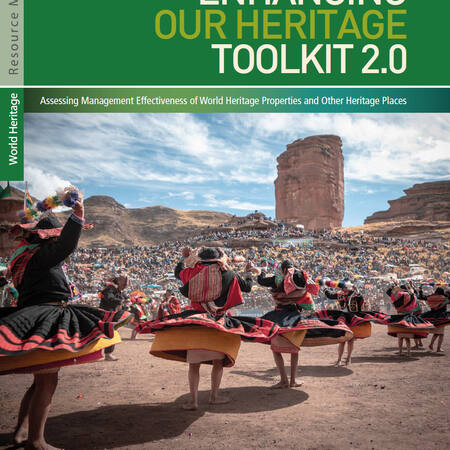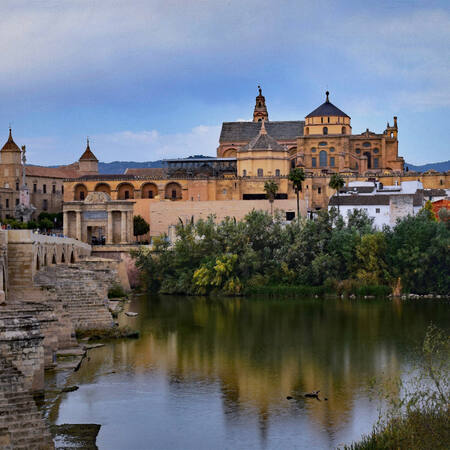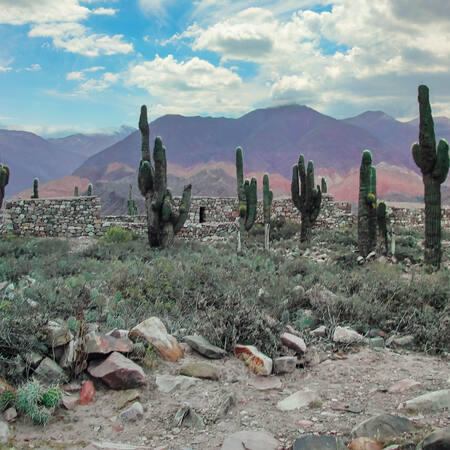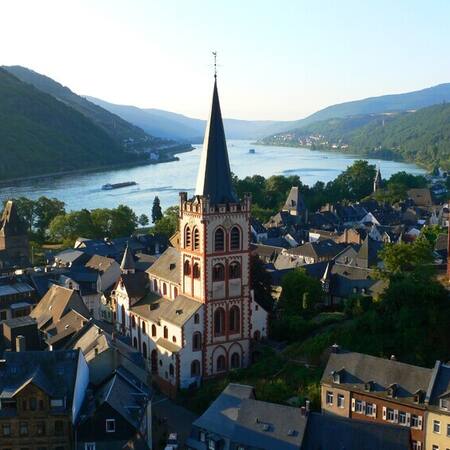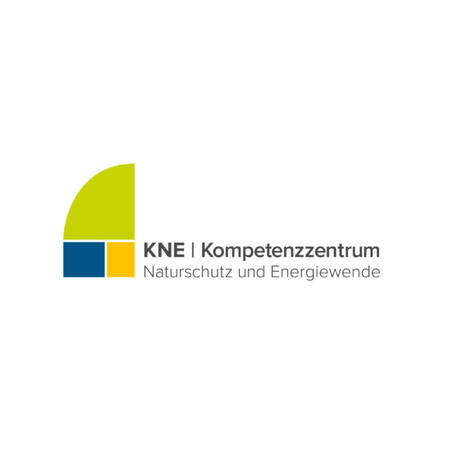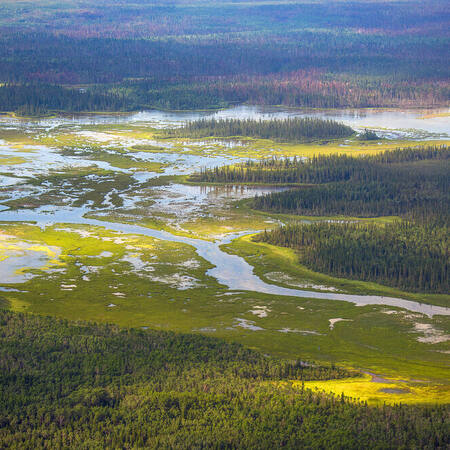Enhancing Our Heritage Toolkit 2.0
The Enhancing Our Heritage Toolkit 2.0 (EoH 2.0) provides a globally tested self-assessment methodology to support World Heritage managers and actors to evaluate management effectiveness in a World Heritage property ...
World Heritage Site Managers' Forum
In recent years, it has become an established practice that a forum is organised in conjunction with each World Heritage Committee session. Since the 41st session of the Committee (Krakow, 2017), site managers from ...
Featured
Understanding, managing and conserving World Heritage properties requires up-to-date knowledge and well-honed skills. To help build the capacity of all stakeholders in World Heritage – whether they are ...
Featured
Historic Centre of Cordoba (Spain) UNESCO Urban Heritage Atlas: Cultural mapping of historic cities and settlements Jocelyn Erskine-Kellie, CC BY-SA, via Flickr World Heritage Cities UNESCO ...
There exist a great variety of Landscapes that are representative of the different regions of the world. Combined works of nature and humankind, they express a long and intimate relationship between peoples and ...
Featured
The World Heritage Young Professionals Fora are among the flagship activities of the World Heritage Education Programme, designed to foster learning and exchange by bringing together young people and heritage ...
The objective of the Guidance is to provide easy-to-understand and user-friendly information on wind energy projects and World Heritage protection and management, and to highlight processes and tools for overcoming ...
In the period between 2004 to 2008, Historic England was dealing with an increased number of renewable energy applications that could be seen from the Hadrian’s Wall World Heritage site. In response, Historic ...
In order to avoid negative impacts of wind turbines on the Upper Middle Rhine Valley, a planning and heritage consultancy was commissioned with an expert report on the ‘Mapping of Exclusion Zones for Wind Turbines ...
The Competence Centre for Nature Conservation and Energy Transition (Kompetenzzentrum für Naturschutz und Energiewende, KNE) is a publicly funded organization that fosters a nature compatible energy transition. As ...
The transboundary World Heritage property is managed according to the trilaterally adopted Wadden Sea Plan (WSP), a common framework for the protection and sustainable management of the Wadden Sea as an ecological ...
Case Study: Planning offshore wind turbines along the coast of Normandy, France
The Multiannual Energy programme provides for the development of new offshore wind projects in France, including a 1-gigawatt (GW) project along the coast of Normandy.
In 2013, the national government and the provinces of the Netherlands agreed on allocating the onshore wind power production per province to jointly reach the national target of 6,000 MW.
Case Study: Assessment of cumulative impacts of multiple developments near a World Heritage property
In 2016, the World Heritage Committee requested Canada prepare a Strategic Environmental Assessment (SEA) for the World Heritage property of Wood Buffalo National Park to assess the cumulative impacts of all ...
Impacts of Wind Energy Projects and their Assessment
This part of the Guidance provides heritage and impact assessment practitioners, site managers and heritage institutions an overview of the process for assessing the impacts of wind energy projects associated with ...
Cumulative impacts can be defined as a result of several additional, often individually insignificant changes or effects. They are often neither measured nor accounted for before their effect grows progressively ...
Note 5 – Visual Impact Assessment
A Visual Impact Assessment (VIA) is a specific study that focuses on assessing the visual and aesthetic impacts of a proposed project. This type of assessment is not a stand-alone study but should be part of the ...
The following table may assist also in the preparation of the scoping report
Note 3 – Identification des détenteurs de droits et autres parties prenantes, et outils d’engagement
Identifying rights-holders and other stakeholders is a key activity to better understand the relationship between communities and individuals with a property. The identification of rights-holders and other ...
Note 2 Identifying sensitive areas and preparing vulnerability assessment related to wind energy projects © UNESCO About Purpose and Scope Context Notes Case Studies ...
